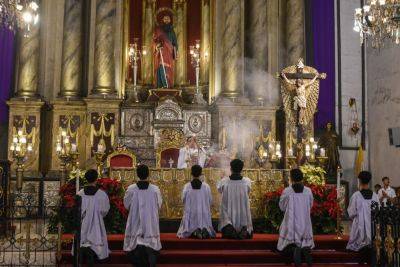MAYPAGASA: A Bonifacio tribute
Everyone knows who Andres Bonifacio is. With titles like the Great Plebeian, Father of the Philippine Revolution, Supremo of Katipunan, president of the Tagalog Republic and several others, Bonifacio was hailed to the pedestal as a hero. During his time on Earth, amidst the harsh realities he faced in his political and personal life as a member of the working class, Bonifacio was a beacon of hope. He even chose his codename, “MAYPAGASA” as his fervent aspiration for our country’s freedom.
His experiences and struggles prepared him in fulfilling his dreams for the country. At an early age, he was already an orphan after his parents died of cholera. He married twice but his first wife died due to leprosy. Ka Oryang, his second wife, gave birth to their only child, who just then again died, this time of smallpox in infancy. Unbeknownst to everyone, the house of the Bonifacio family in Manila was burnt down while he was in a Katipunan assembly in Cavite to strengthen their organizing efforts. And in the end, he was killed by the same people he called brothers, our very own fellowmen.
Despite these tragic events, Bonifacio never lost hope and remained steadfast in fighting for his aspirations for the country.
When the Katipunan was founded in 1892, the Katipunan Code of Conduct or “Kartilya ng Katipunan” was written by Emilio Jacinto to inspire the Filipinos to think and act like the Supremo. This will continue to resonate across generations.
He notes how any individual, no matter what social class or race they belong to, can be noble by having dignity and love of his or her motherland:
“The nobility of a man does not consist in being a king, nor in the sharpness of his nose and the whiteness of his skin, nor is it in being the priest representing God, nor in the exalted position he has on this earth; but pure and truly noble is he who, though born in the woods, possesses an upright character, who is true to his word, who has dignity and honor, who does not oppress and does not help those who oppress, and he who knows how to look after and love the land of his birth.” (#13, The Katipunan Code of Conduct)
The Katipuneros believed that real freedom can be achieved in a







